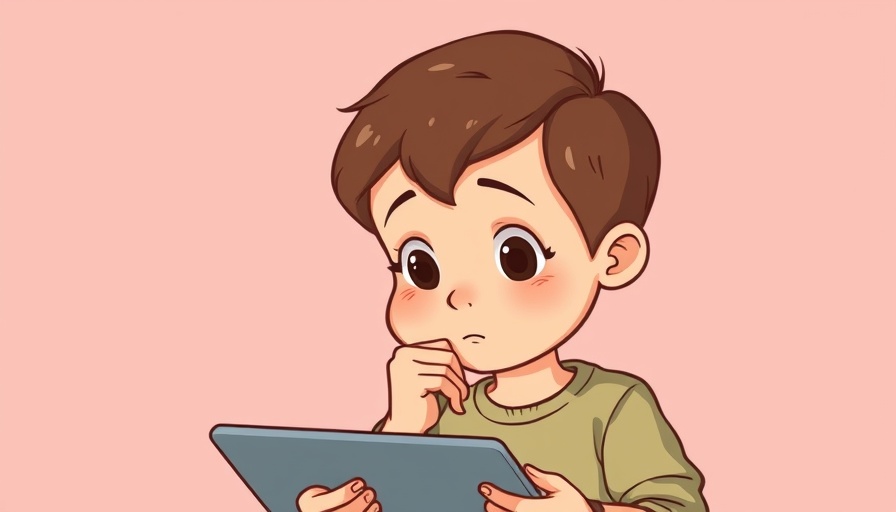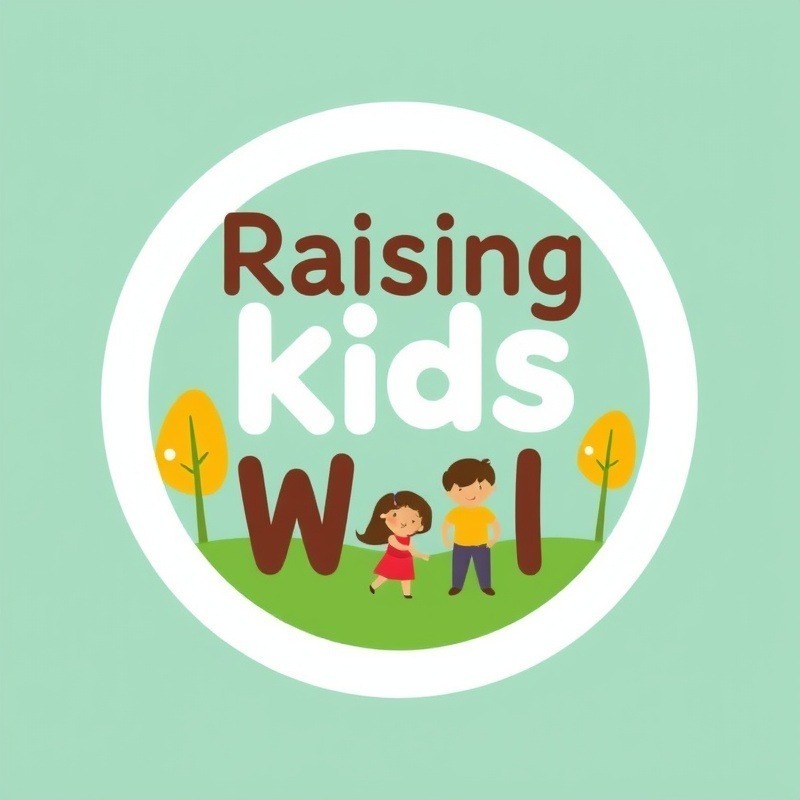
Is AI Safe for My Child? Understanding the Impacts on Young Minds
In today's digital age, a critical question every parent is grappling with is: Is AI safe for my child? With the exponential growth of artificial intelligence technologies, including AI tutors and platforms like YouTube Kids, it's vital to consider how these innovations affect our children's lives.
The short answer is, it depends. The type of AI, its applications, and the emotional preparedness of our children all play crucial roles in how safe these technologies are for young minds. Let’s explore this complex landscape without fear-mongering.
What is Child-Friendly AI?
AI is pervasive; it’s in our homes and a part of children's upbringing through various platforms, from YouTube Kids recommendations to AI companions like Replika and educational tools like ChatGPT. While some of these resources are crafted to aid learning, others are more optimized for engagement, often prioritizing revenue over emotional development.
Given that many AI applications are designed with algorithms meant to enhance user engagement, the implications of their usage can blur the lines between wholesome interaction and manipulative engagement. For instance, AI-driven recommendations might not always promote genuine emotional connections or creativity in children, fostering a reliance on instant gratification instead of encouraging imaginative thinking.
Are There Risks of AI Manipulation?
There are legitimate concerns about how AI can shape children's perceptions and interactions. Although I don't harbor concerns about AI for my children, I'm proactive in guiding their engagement with these technologies. Here are some potential pitfalls:
- Impaired Critical Thinking: If children rely heavily on AI for answers, it may stifle their analytical thinking and creativity.
- Artificial Relationships: AI can create confusion about real versus synthetic connections, potentially impacting social skills.
- Emotional Safety: Children might unwittingly seek comfort from AI, mistaking its programmed responses for genuine empathy.
How Can Parents Navigate AI Interactions?
As a parent, my approach to AI is a blend of caution and openness. Understanding how to navigate these technologies is crucial in safeguarding our children:
- Set Clear Boundaries: Be explicit about which AI applications are appropriate and when they should be used.
- Involve Your Child: Encourage your child to discuss their interactions with AI. Open dialogues can foster understanding and critical analysis.
- Focus on Emotional Development: Teach children to recognize genuine empathy versus AI-generated responses.
- Encourage Creative Exploration: Promote activities that spark imagination rather than reliance on AI-generated content.
Future Predictions: The Evolving Role of AI
The conversation surrounding AI will likely evolve as technology advances. Experts predict AI will play an ever-growing role in education and child development, potentially shaping future generations' learning experiences. This evolution underlines the importance of fostering an environment where children learn to critically evaluate AI and understand its limitations.
Embracing Technology Mindfully
Understanding the balance between embracing technological advancements and practicing mindful engagement is vital. AI can enhance learning and creativity when integrated thoughtfully into children's lives. As parents, we must remain vigilant in fostering critical thinking and emotional awareness in our children as they interact with AI.
Conclusion: Shaping the Future of AI Use
While questions around technology's safety and implications are valid, proactive parenting will go a long way in ensuring our children navigate these complexities safely. As we embrace this new era, it's essential to lay foundations that support children’s emotional and cognitive growth in the face of evolving AI tools.
 Add Row
Add Row  Add
Add 

Write A Comment